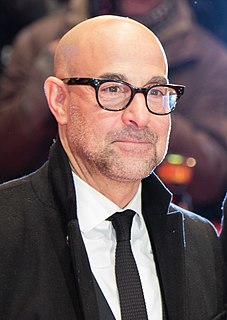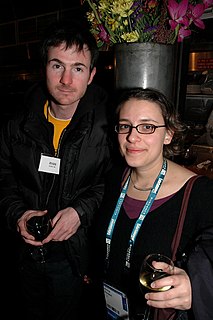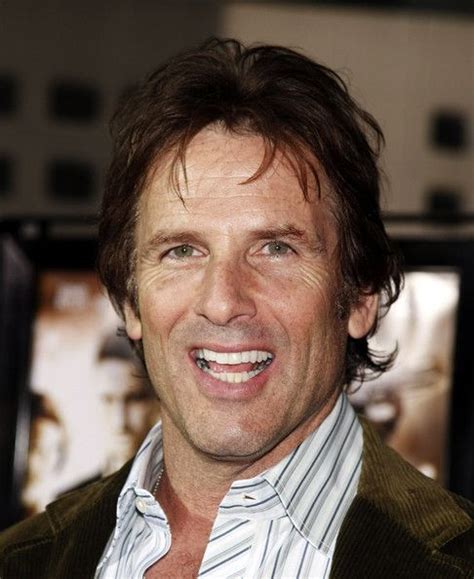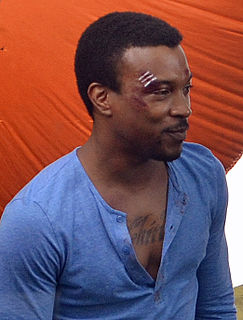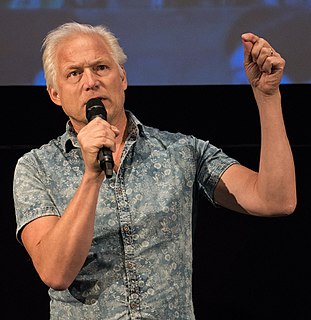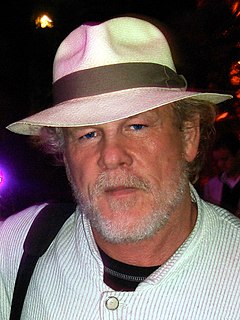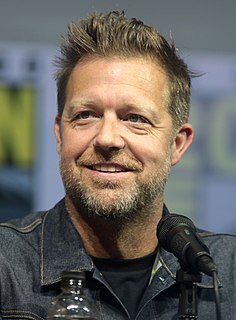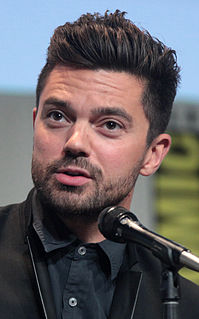A Quote by Stanley Tucci
As soon as the actor steps into the role, you probably can cut 50% of the lines because there's a person there now. And what a person does with their eyes, with their mouth, with their hands, the way they walk into a room, you can probably cut half the scene.
Related Quotes
Certainly as an actor, half of your work is not going to end up on the screen anyway, because in the editorial process, they need to cut to the other actor in the scene. Very often, your best work ends up on the cutting room floor, because it just doesn't work with the overall narrative drive of the story.
I got into film in an odd way - when I was 17 years old I participated in a Swedish film as an actor. I think every person at that age should get a role in a film, because during that time you want acceptance, and when you have a role in a film you become an important person. I think about that now, and that was my fantastic starting point.
I had invited 50 or 60 peers and friends, most of whom were parents, to see the film [Trust], and I asked about the last scene. It was interesting because it was split right down the middle, 50/50. About half the audience wanted it to end with the very emotional scene between Clive and Liana, and that feeling of realization and catharsis. And, the other half were adamant about keeping that last scene.
What I see is trying to make sure that everybody thinks you have more than what you actually have. What’s the point if you actually don’t have it? If you don’t have it, then you don’t have it. Have what you have. Enjoy that . . . The craft is everything. Don’t be afraid of not being the wealthiest person in the room. Be the smartest person in the room. Be the slickest person in the room. Be the most creative person in the room. Be the most entertaining person in the room. Just be in the room.
Once committed to fight, cut. Everything else is secondary. Cut. That is your duty, your purpose, your hunger. There is no rule more important, no commitment that overrides that one. Cut. Cut from the void, not from bewilderment. Cut the enemy as quickly and directly as possible. Cut decisively, resolutely. Cut into the enemy’s strength. Flow through the gaps in his guard. Cut him. Cut him down utterly. Don’t allow him a breath. Crush him. Cut him without mercy to the depths of his spirit." -Richard Rahl
There's this exhausting energy from you getting your lines out and your words right, especially if it's a complicated scene. And as soon as the camera is off you and goes on the other person, you're talking garbled garbage and you feel so sorry for them because you've lost the will to live, after 18 hours of saying those lines. That's terribly unfair. So, I do love the quick-paced nature of it.
